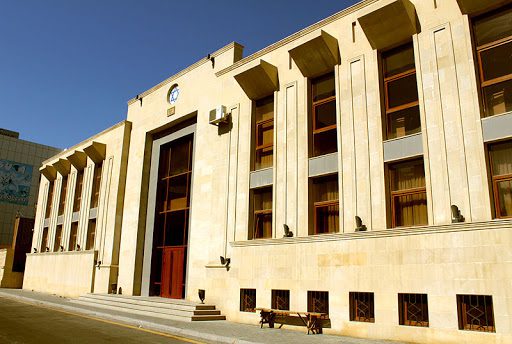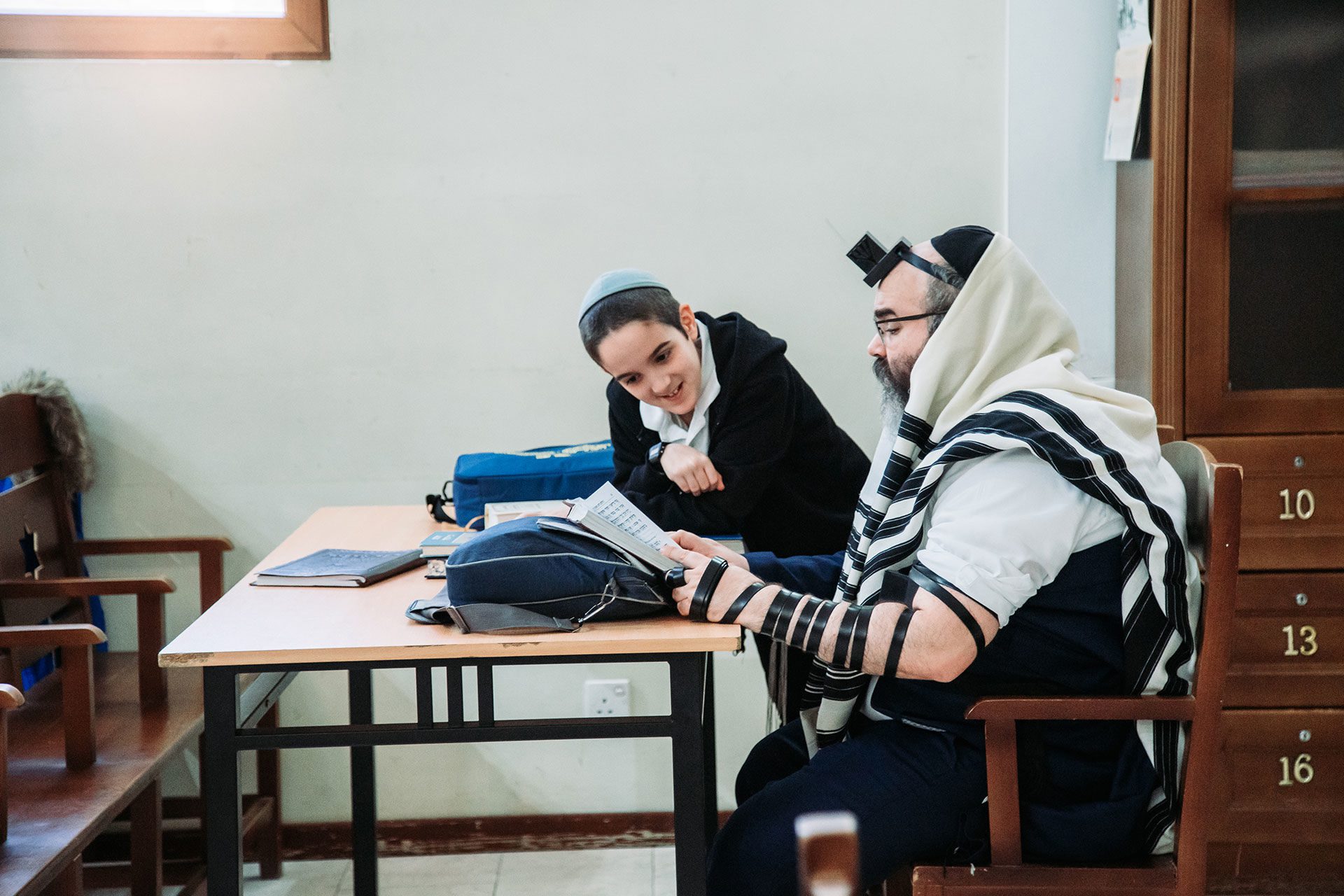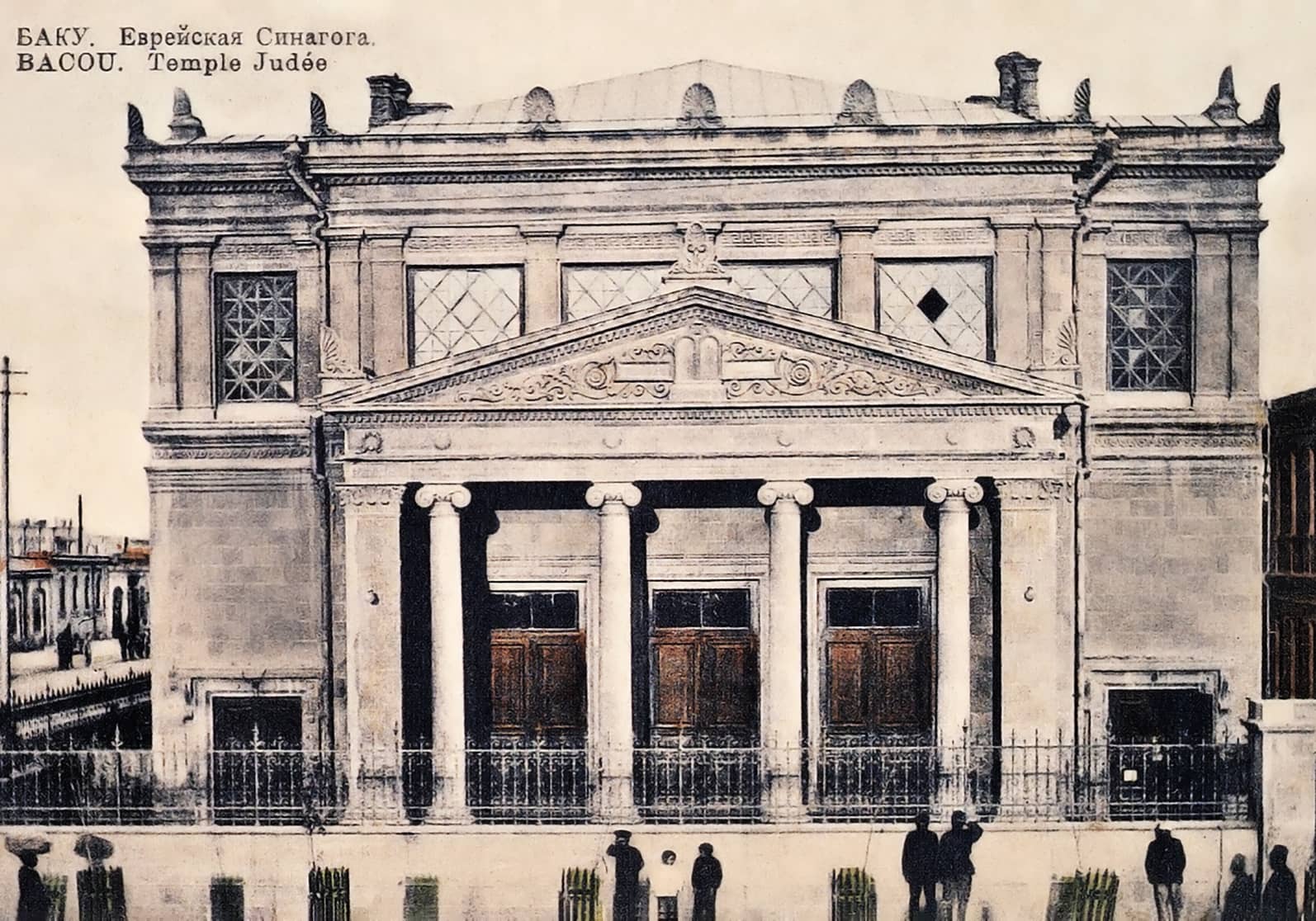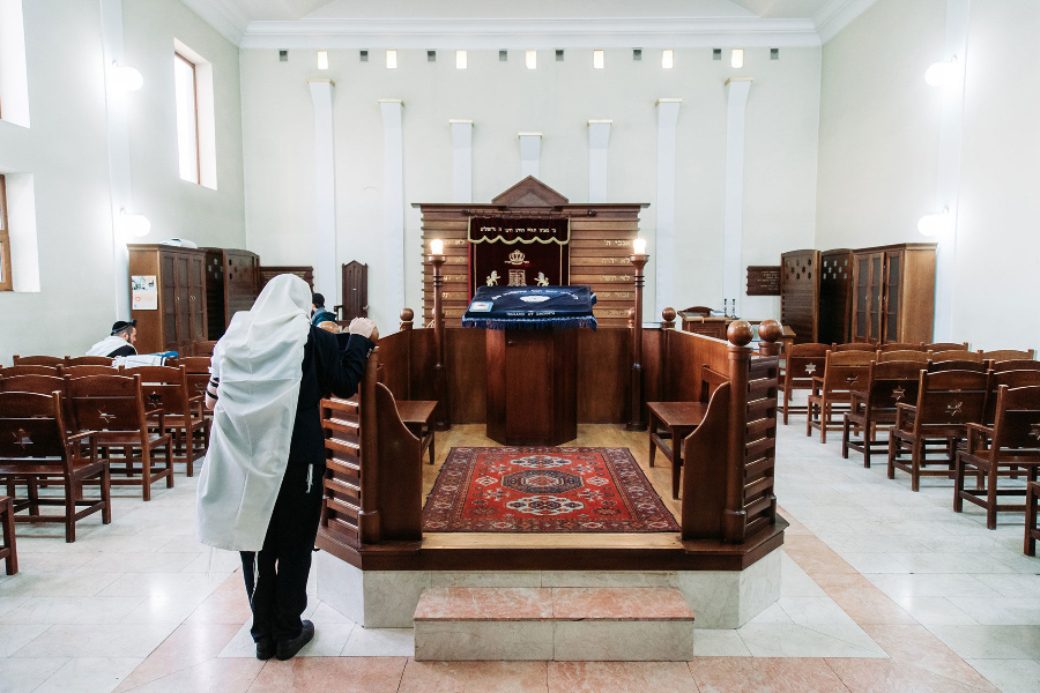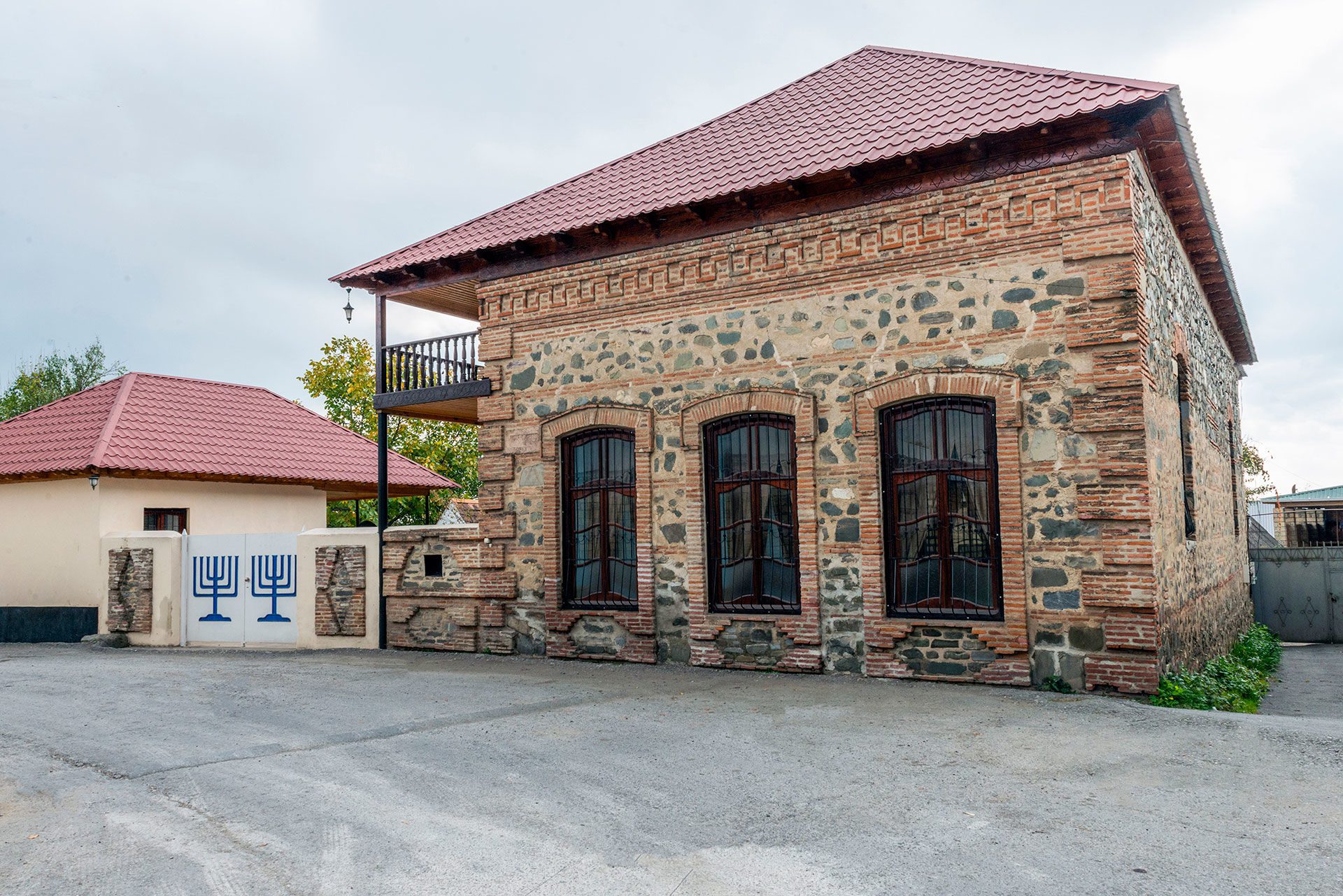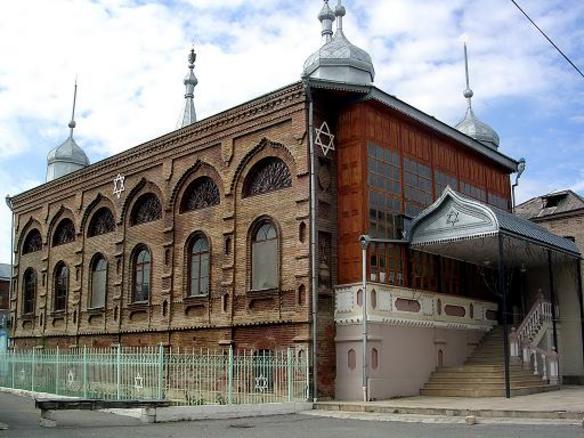Jewish Heritage in Azerbaijan – Baku
Baku introduction
In Baku you will discover a constantly evolving tapestry of life and energy from bazaar to penthouse. Being a coastal city, Baku is intrinsically open-minded and hospitable. Guests are welcome to stroll along the Caspian promenade (the Boulevard), visit the Old City (known locally as Icherisheher) and enjoy the unique architectural blend of East and West. Interesting facts about Baku: Located at an elevation of 28 meters below sea level, Baku is the world’s lowest-lying national capital city. Baku is the largest city on the Caspian Sea and of the Caucasus region. Known as the City of Winds, there are two main gusts to look out for in Baku – the warmer Gilavar blowing from the south, and the cool Khazri sweeping down from the north.
Baku in detail
From the modern elegance of the Flame Towers standing proudly above to the medieval UNESCO World Heritage-listed fortress at its core, the Azerbaijani capital is a stunning blend of east and west, ancient and modern. Here you can visit world-class attractions, discover the delights of Azerbaijani cuisine and enjoy a vibrant nightlife. The city boasts much fascinating history and heritage, including that related to its Jewish community. While Jews have lived in parts of Azerbaijan for centuries, they arrived in Baku mainly from the 1830s onwards.
The community grew rapidly during the late 19th-century Oil Boom and Jews became an integral part of Baku’s multicultural society. They played an outstanding role in its intellectual and cultural life; for example, despite only making up 4.5% of the population in 1913, Jews accounted for between 30% and 40% of doctors and lawyers. Prior to World War II, Baku’s Jewish population of Baku peaked at over 31,000. In the late Soviet era, many Jews began to emigrate to Israel, Russia, the USA, and other countries for economic reasons. However, there are still several thousand Jewish residents of Baku. Famous Jews born in Baku include the mathematician Lotfi Zadeh, the physicist Lev Landau, and others.
Baku is home to several groups of Jews. Historically the most numerous are the Ashkenazis, who first arrived at the beginning of the 19th century and later established schools, libraries, clubs, and cultural centres. Jews of Georgian heritage came at the turn of the 20th century and continue to keep up their Georgian linguistic and cultural traditions alongside their Jewish faith. The third main group is Mountain Jews, who have resided on the territory of Azerbaijan for many centuries and speak a unique Persian-influenced language called Juhuri.
Synagogue of Mountain Jews This architecturally impressive synagogue has been functioning in Baku since 1945 when, after World War II, the Mountain Jewish community was allocated an old building in the city centre for their religious needs. However, as the building was in poor condition, it was reconstructed and reopened in April 2011. It features two floors with prayer rooms for men and women.
Synagogue of Ashkenazi and Georgian Jews This synagogue serves two Jewish groups in Baku: Ashkenazi and Georgian Jews. Located in Baku’s old Jewish district, the imposing building was designed by the architect Alexander Garber in the architectural style of Jerusalem and has been described as one of the largest synagogues in Europe. Its opening in 2003 was a historic moment for Baku’s Ashkenazi and Georgian Jews, who had previously gathered in a poorly equipped building assigned to them by the Soviet government after World War II.
Rashid Behbudov State Song Theatre This attractive building housed the first synagogue in Baku. Today it is home to a theatre staging a variety of national musical concerts and performances. It was erected in 1901 in a style to resemble the Second Temple. The synagogue closed in the 1930s as a result of the Soviet anti-religion campaign and for a short while the building housed a Jewish theatre. Later, it was used as a warehouse and as the headquarters of the Azerbaijan Hydrotechnics and Melioration Scientific Research Institute before in 1980 becoming home to the State Song Theatre, now named after legendary Azerbaijani singer Rashid Behbudov.
Visitors to Baku can discover a constantly evolving tapestry of life and energy from bazaar to penthouse. Being a coastal city, Baku is intrinsically open-minded and hospitable. Guests are welcome to stroll along the Caspian promenade (the Boulevard), visit the Old City (known locally as Icherisheher) and enjoy a spectacular blend of cuisine and culture.
